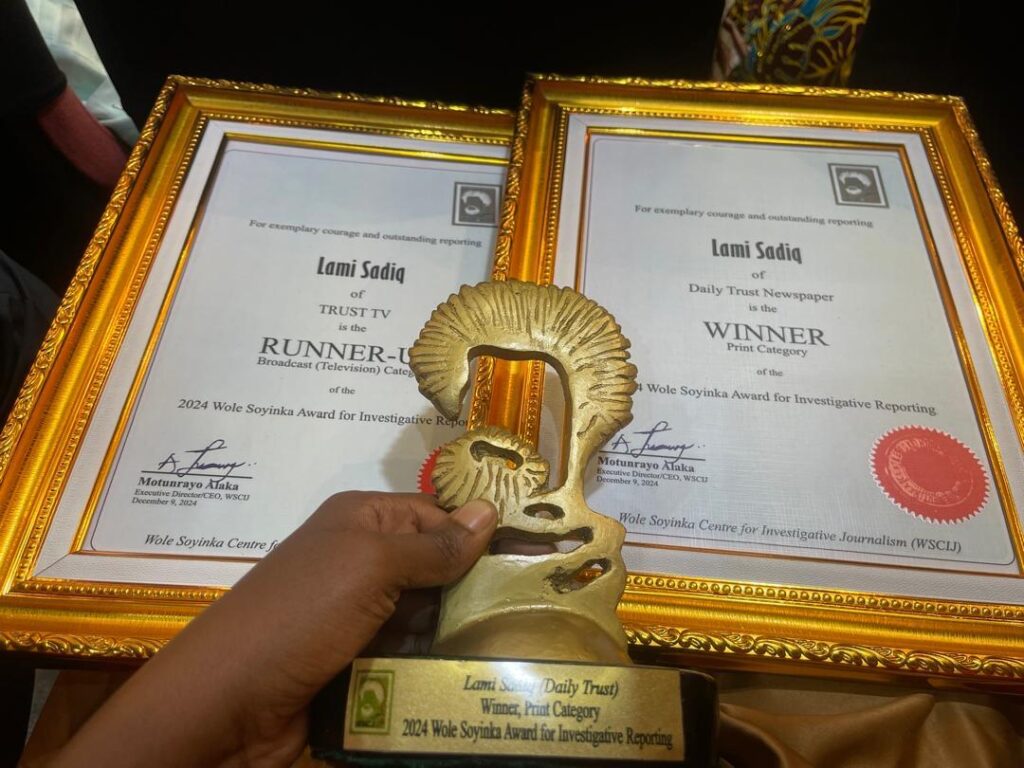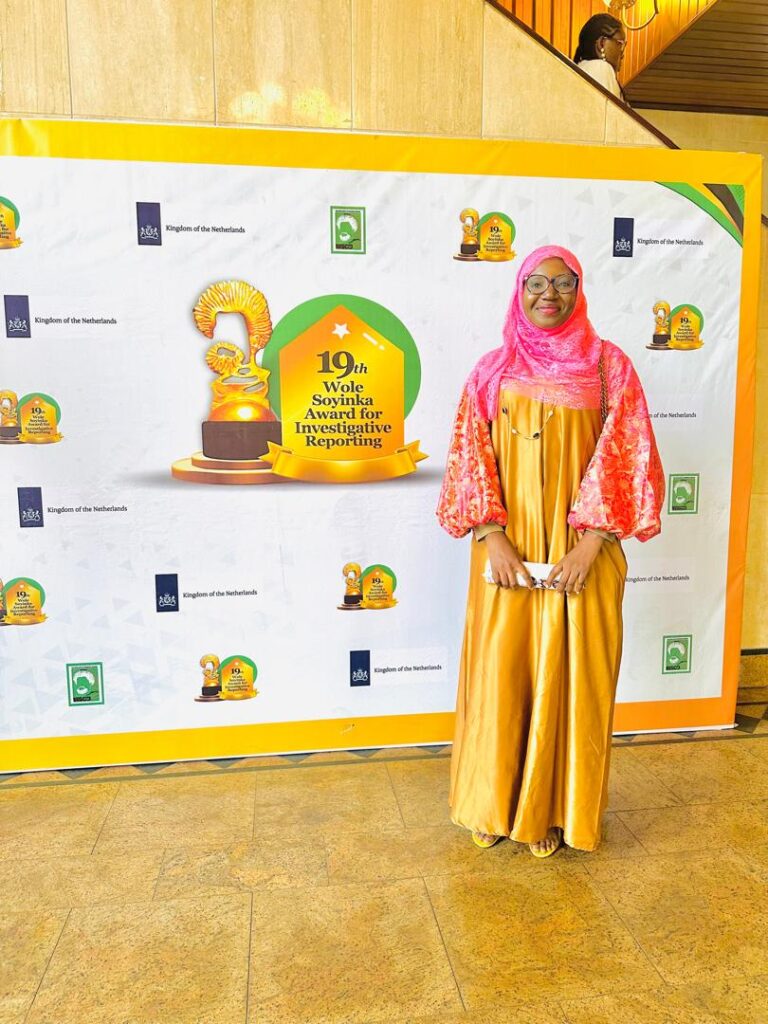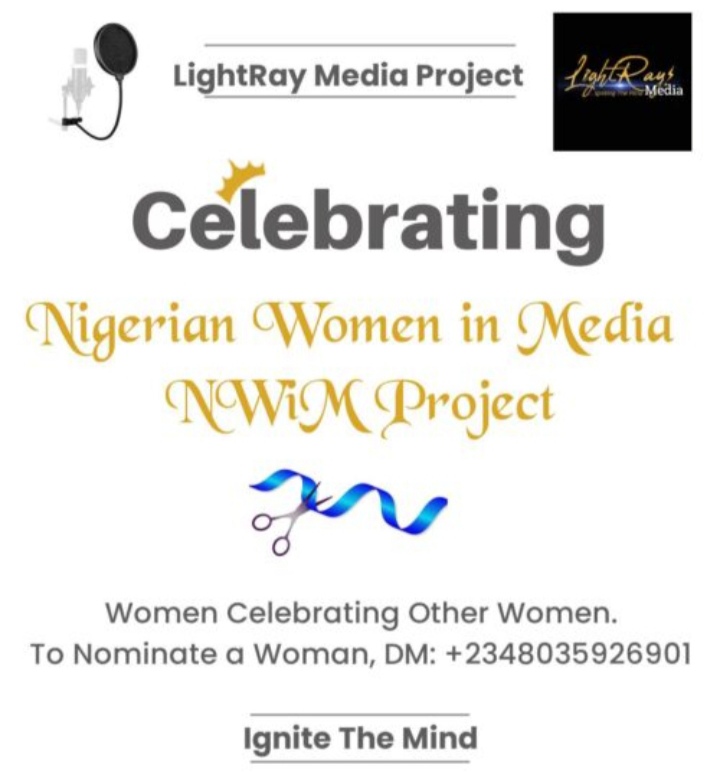Uncovering the Cartel: Lami Sadiq’s Award-Winning Investigation into Organ Harvesting
By ERU
Lami Sadiq, a seasoned editor at Daily Trust, is known for her unflinching pursuit of truth. Her investigative report on organ harvesting has brought to the frontline shocking revelations exposing a sinister human organ trade that has left countless lives shattered. Yet, Sadiq’s reporting also offers a beacon of hope, proposing solutions to this complex issue. Fresh from her triumph at the 2024 Wole Soyinka Awards for Investigative Reporting, where she took top honors in the Print category and was runner-up in Television, Sadiq sat down with LightRay! Media to share the story behind her remarkable report.
What made you want to tell this story?
It started as a matter of helping someone get justice, but quickly evolved to public awareness, accountability and the need for a critical policy reawakening on organ donation, harvesting and transplantation. From publishing one man’s story about how his son’s kidney was removed without consent in August 2023, we immediately got other victims who were ready to share their story. Digging deep, we found that there was a bigger story, there was a cartel that involved private hospitals in the business of using young Nigerians from low economic background as the source of organ replacement for the rich. So, what started as wanting to help one man get justice became about exposing a societal wrong. The story became about providing law enforcement agents with the right tips to take it up from there and do their work.

Why did it matter?
At the course of researching for this investigation and having spoken with a lot of medical experts, I realised that mass organ donation, as we have seen in the report have long term negative implication on “donors.” This is because it is done in secret, in a hurry, and there is desperation on the part of the recipient. Very little time is left for critical medical assessment to find out if the donor is physically, financially, psychologically and legally fit for the procedure. Organ donation usually require long term care for donors and there is no doubt that people from low economic background are unlikely to afford that kind of care. Experts say there are high chances that people involved in illegal donation are likely to end up with kidney related diseases in future. Therefore, to answer your question, it matters because if allowed to continue, we may see an upsurge in the number of young people with kidney related diseases in the nearest future. No country wants to have this kind of health burden in future. It matters because the young and poor are being exploited, their organs are being used as replacement for the rich and powerful.
What was the impact like?
The impact has been tremendous, more than I expected. I would say, it has been both positive and negative. Positive in the sense that it beamed the attention of government and its agencies to this illegal trade that is happening. Negative in that, those exposed felt threatened and tried unsuccessfully to discredit the report using supposed popular radio stations in Abuja. But then again, these are some of the challenges of investigative journalism. And we do know that people we expose or hold to account have powerful friends in all works of life including the media. The National Agency for the Prohibition of Trafficking in Persons (NAPTIP), is presently prosecuting suspects indicted in the report. The Ministry of Health worked with the police to investigate the matter and as at August this year, the then Minister of Health for State, Dr. Tunji Alausa said the police had completed their investigation and the ministry would also be prosecuting. The medical doctor who performed the surgery on the young boys has been suspended and that the ministry has set up a committee to come up with a blue print for the National Healthcare Facility Regulatory Agency to monitor and regulate all healthcare facilities in the country. But then again, Dr. Alausa who made these revelations has now been moved to the Ministry of Education. I do have faith that the Coordinating Minister of Health and Social Welfare, Prof. Ali Pate, as well as the new Minister of Health for State, Iziaq Adekunle Salako will ensure that the reforms started by Dr. Alausa continues.

What does winning this award mean to you?
Winning feels surreal and comes with a feeling of accomplishment that your work is being recognised, its like having a pat on the back saying well done or keep up the good work. This is not to mean that only winners get this feeling as every good work comes with some sense of accomplishment. Then again, for me winning this particular award sets the bar higher. It means I need to do better, I need to be able to beat the last award. For me, its about what other accountability story I need to do to hold those in power to account.
When it comes to telling investigative stories with impact, what are important steps you’ll give to a mentee?
All stories are about people. People will always remember how relatable a story is and how it made them feel. Therefore, I will advise that journalists focus on why the story matters, who it matters to and how to make it relatable. The data, expert opinion and other aspects of investigative journalism are equally important but humanising the story, for me is key. Apart from the story process, journalists must learn to promote their report, share them across multiple platforms and get the audience to engage with them. This is the aspect that comes after the story is put out there and it helps with getting the right impact because the more people engage with the story, the more impact it has on their lives people.






Comments